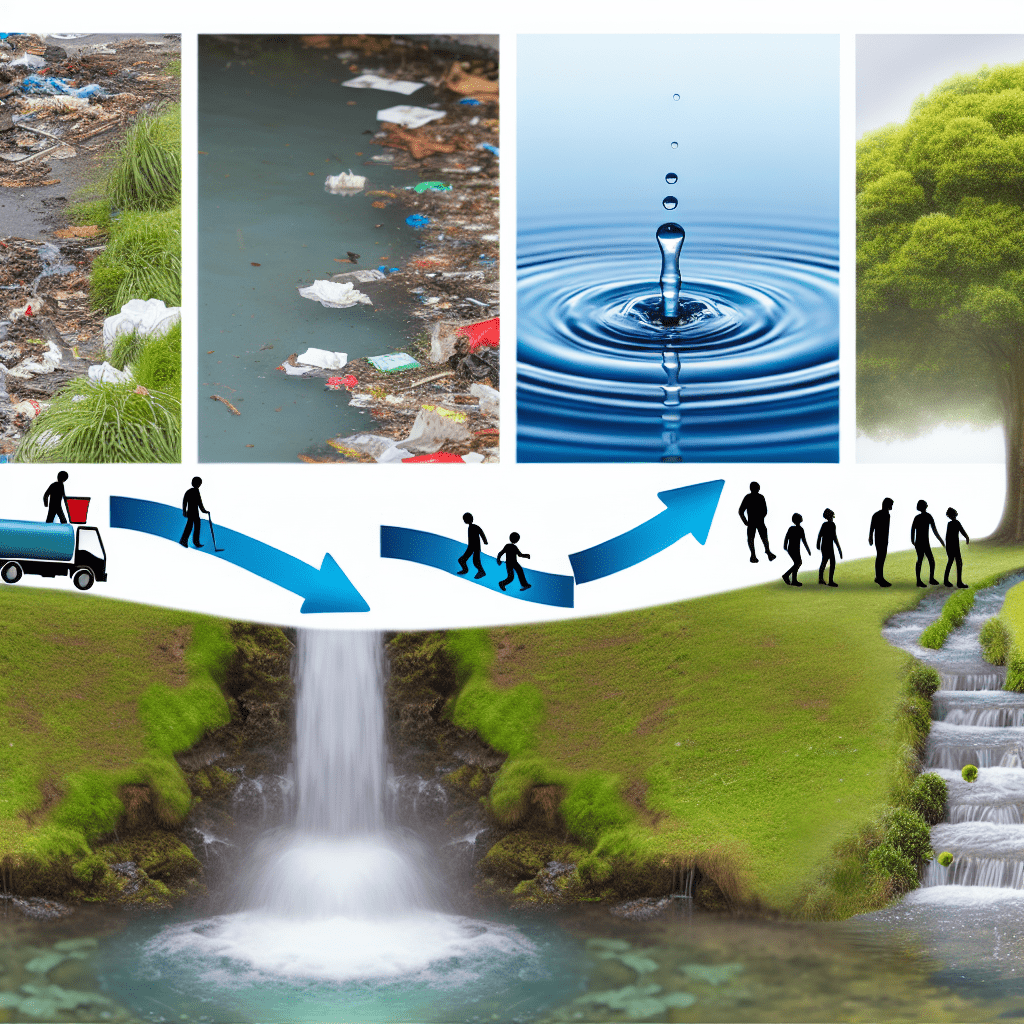”
Despite its abundant water resources, New Zealand is grappling with significant water quality issues. This article sheds light on these challenges, their origin, and proposes potential strategies towards cleaner, healthier water sources.
New Zealand’s water quality issues mainly arise from agricultural runoff, industrial pollutants, inadequate wastewater treatment, and the increasingly apparent impacts of climate change.
Dominant pollutants in New Zealand’s waters include nitrates from agricultural activities, harmful heavy metals, untreated sewage, and excessive nutrients leading to destructive algal blooms. These pollutants not only pose significant health risks but also disrupt delicate aquatic ecosystems and burden water treatment facilities.
While the Resource Management Act provides a legal framework for water management, ongoing water quality challenges underscore a pressing need for more comprehensive and viable strategies.
Addressing New Zealand’s water quality necessitates stricter regulation of pollutant discharge, substantial investment in technologically advanced wastewater treatment facilities, widespread adoption of sustainable farming practices, and climate-resilient water management strategies.
Moreover, enhancing public awareness and involvement is crucial. Nationwide campaigns focused on water conservation, pollution control, and emphasizing the importance of clean water can drive influential societal changes.
In conclusion, although the path towards improved water quality in New Zealand may seem challenging, it is definitely achievable. Through strong policy enforcement, embracing technological innovations, and fostering active public participation, New Zealand can transition from troubled waters to a bright future of pristine springs.
By FountainGO!

